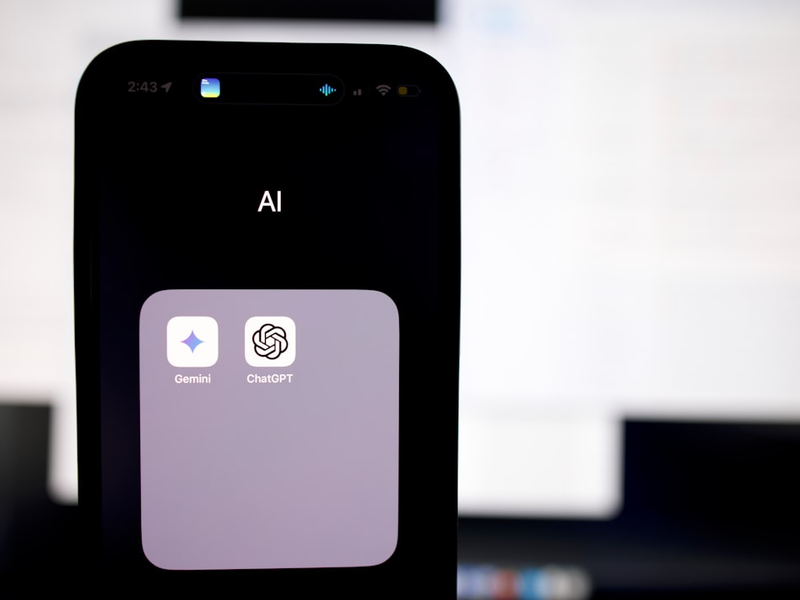ChatGPT Is About to Have More Conversations Than Humans Combined

Photo by Solen Feyissa on Unsplash
OpenAI CEO Sam Altman dropped some mind-blowing predictions about ChatGPT’s future during a recent journalist dinner in San Francisco. According to Altman, the AI chatbot is on track to have more daily conversations than all humans on the planet, potentially transforming how we communicate and interact with technology.
Since its launch in November 2022, ChatGPT has become the fastest-growing tech product in history, sparking both excitement and concern about AI’s potential. The chatbot’s ability to mimic human communication and solve complex problems has been revolutionary, but the recent launch of its latest model wasn’t without controversy.
Altman acknowledged that OpenAI’s latest model release missed the mark by changing its conversational tone, which upset many users. He promised more customization options in the future to accommodate the diverse needs of users worldwide.
The tech visionary isn’t shy about the massive investments required to push AI technology forward. OpenAI is prepared to spend trillions of dollars on data centers in the coming years, a move that some economists might view as reckless. However, Altman remains confident in the transformative potential of AI.
Financially, the company is in a strong position. OpenAI recently raised $40 billion, bringing its valuation to $300 billion. A potential stock sale could further inflate its worth to $500 billion. Altman believes that while some AI investments might fail, the overall economic impact will be a significant net positive.
When asked about the current AI landscape, Altman candidly admitted we’re in an AI bubble – but emphasized that bubbles often emerge from genuine technological breakthroughs. He drew parallels to the internet boom, suggesting that the kernel of truth in AI’s potential is what’s driving current excitement.
As ChatGPT continues to evolve, it’s clear that OpenAI is betting big on a future where AI becomes an integral part of our daily communication and problem-solving processes.
AUTHOR: rjv
SOURCE: Wired
























































